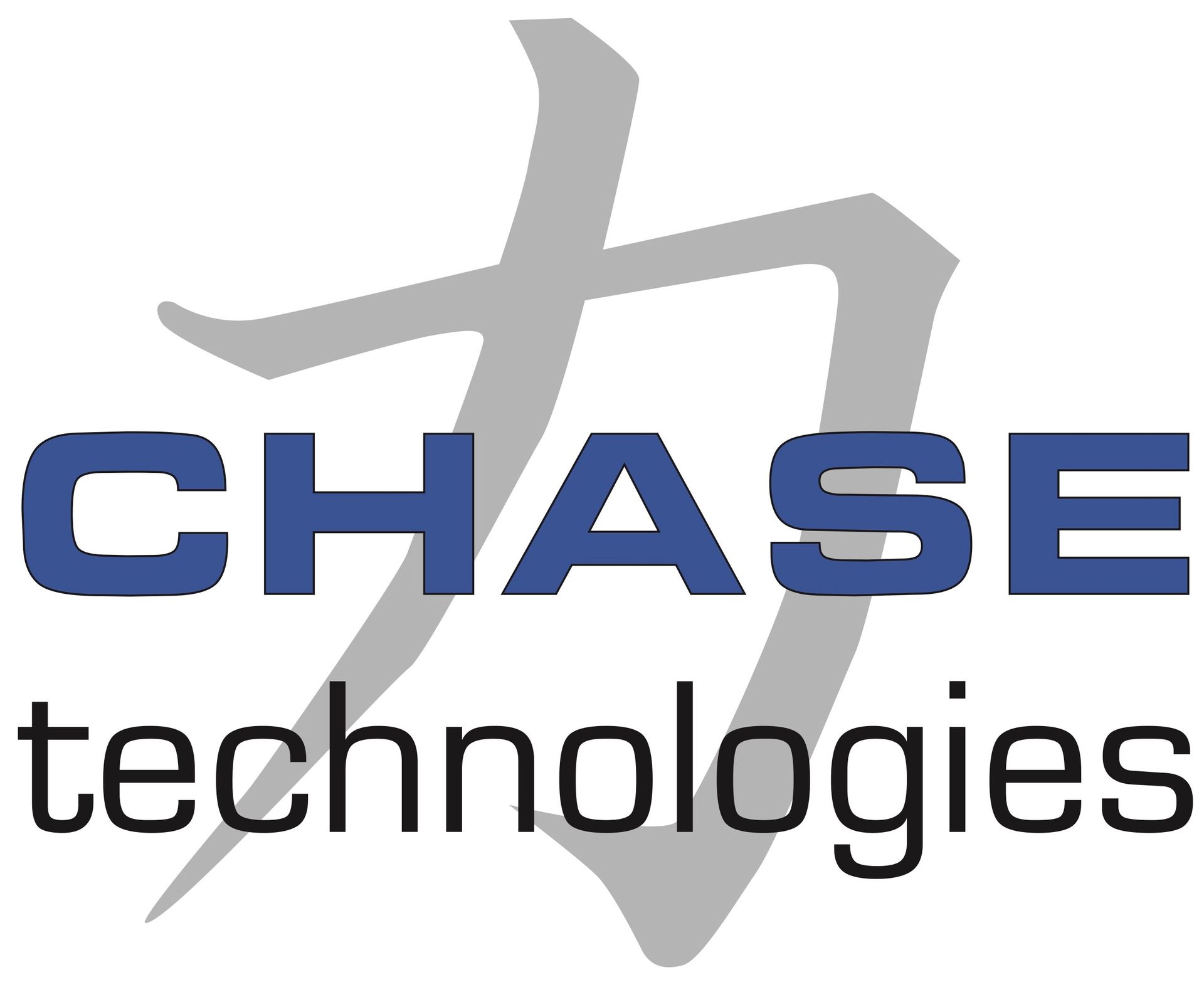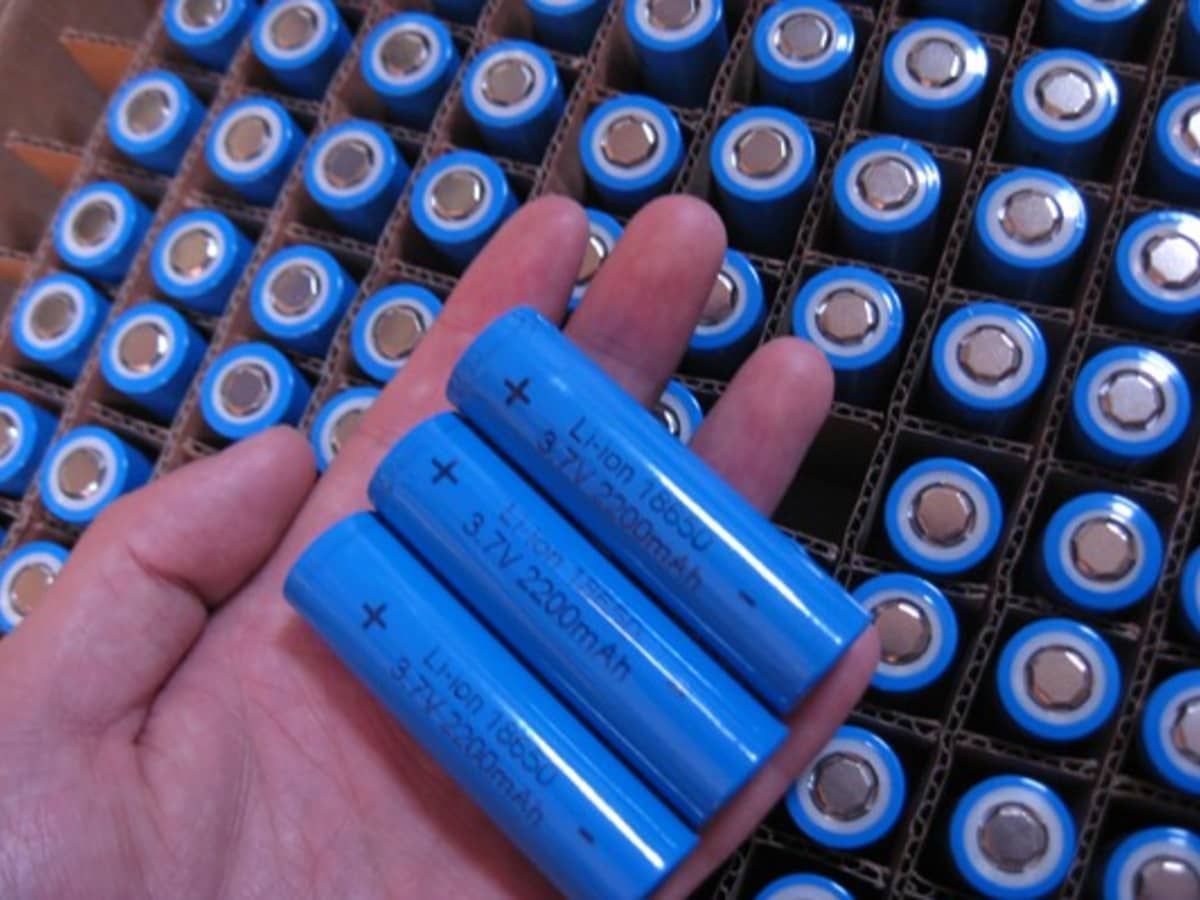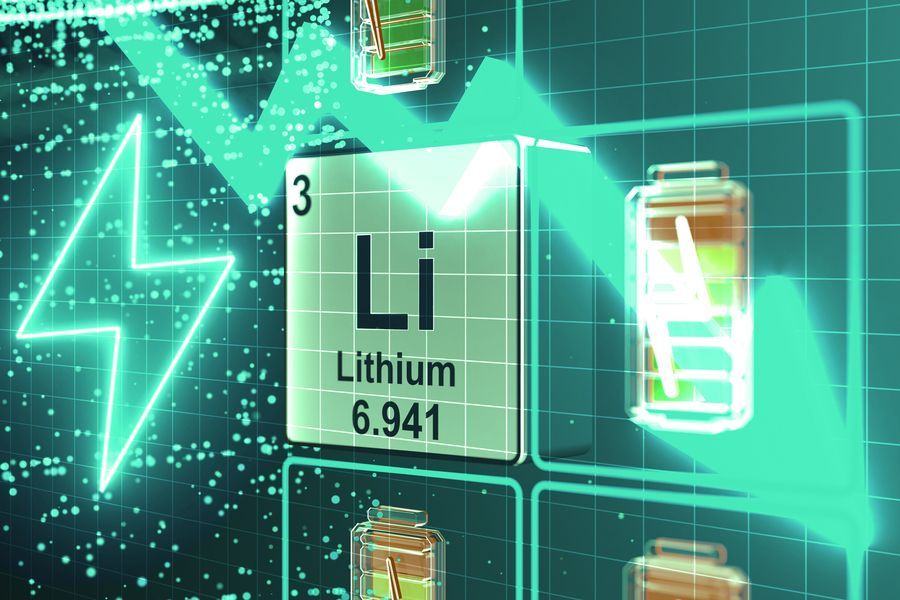

lithium ion technology
More about our Lithium ion Technology and Batteries
What is a lithium ion Technology and battery and how does it work?

Lithium ion batteries have supplanted other rechargeable battery chemistries in almost all industries over the past ten years. When compared to earlier, more widely used chemistries (such as lead acid, nickel-cadmium, and alkaline), lithium ion is superior in several ways. A powerful and safe battery is desperately needed with the development of technology. With further qualities, lithium has the potential to be the safest chemical now in use. New chemistries are created every year since lithium energy is an active topic of study.
An advanced battery
technology known as a
lithium ion (Li-ion) battery makes use of lithium ions as a crucial part of its electrochemistry. Lithium atoms in the anode are ionized and separated from their electrons during a discharge cycle. From the anode, the lithium ions travel through the electrolyte to the cathode, where they rejoin their electrons and become electrically neutral. Since they are so tiny, the lithium ions can pass through a micro-permeable barrier that separates the anode from the cathode.
lithium ion batteries are able to have a very
high voltage and charge storage per unit mass and unit volume in part due to lithium's small size, which places it third in the periodic table after hydrogen and helium.

Advantages of Li-ion batteries
lithium ion batteries have a variety of benefits over other high-quality rechargeable battery technologies. The energy density of these batteries is among the highest available (100-265 Wh/kg or 250-670 Wh/L).
Additionally, compared to Ni-Cd or Ni-MH
battery technology, Li-ion battery cells have a voltage output of up to 3.6 Volts. In order to power high-power machine, they can deliver a lot of current, which Additionally,
Li-ion batteries require less upkeep and do not require regular cycling to extend their battery life.
lithium ion batteries don't experience the memory effect, which is harmful since it can make a battery "remember" to have a lower capacity after several partial discharge/charge cycles. This is a benefit over Ni-Cd and Ni-MH, which also exhibit this effect. Low self-discharge rates of 1.5 to 2% per month are another benefit of
lithium-ion batteries. They are less hazardous to dispose of than Ni-Cd batteries because they don't contain the metal.
WHY CHOOSE LITHIUM ION TECHNOLOGY
High Energy Density
Lithium ion batteries offer the highest energy density in the rechargeable-battery market (100-265 Wh/kg). This makes charging a lithium-ion battery easier, faster and long-lasting. This makes for a more powerful battery overall- even when compared to lithium iron phosphate ones.
Low Maintenance
Lithium ion batteries are easy to use and relatively low maintenance, especially compared to nickel-based batteries. No priming equipment is required and maintaining their battery life does not entail scheduled cycling.
Lithium-ion batteries also have no memory effect, which would cause batteries to perform at a lower capacity after repeated partial discharge and charge cycles.
Performance and Longevity
Lithium ion chemistry is high-performing and an ideal for high-power applications. They deliver more current compared to batteries with nickel-based chemistry. They have the capacity to deliver up to 3.6 Volts, which is three times higher than their nickel alternatives. Due to their slow self-discharge rate (around 1.5-2% per month) lithium-ion batteries have a long shelf life.
Conclusion
In a world driven by technological advancements, Lithium Ion Technology stands at the forefront of innovation, revolutionizing energy storage. Over the past decade, lithium-ion batteries have emerged as the superior choice, surpassing traditional chemistries like lead-acid and nickel-cadmium. With its remarkable safety profile and potential to become the safest chemical in use, lithium continues to captivate researchers, leading to annual breakthroughs in energy solutions.
Take the next step towards a powerful future. Enquire today, and let Chase Technologies, a Division of Bidvest Commercial Products, provide you with the very best in Lithium Ion Technology. Your energy needs met, your future secured.
Contact us now for a quote that propels you into a new era of efficiency and sustainability.
Enquire Today
Submit your request and we'll get back to you soon with our very best quote.
We will get back to you as soon as possible
Please try again later
With years of experience and a wide selection of Lithium Battery (Cells), Lithium Modules, and Lithium Battery Systems, we can help you find the best solution for your needs. As a leading distributor of industrial lithium ion battery systems in South Africa, we have played a large part in introducing this technology to the market.
We are committed to providing our customers with the best possible experience and ensuring that they have all the guidance they need to choose the correct battery system for their needs.

CHASE Technologies, a Division of Bidvest Commercial Products (Pty) Ltd
Vat no. 4070307055
Company Reg no. 2011/010523/07
QUICK LINKS ON WEBSITE
CONTACT
Tel:
010 025 0200
Email:
info@chasetech.co.za
5 Chloor Street, Alrode, Alberton, 1451
P O Box 166790, Brackendowns, 1454


All Rights Reserved | Chase Technologies | Privacy Policy | Website Developed by WEBSHURE